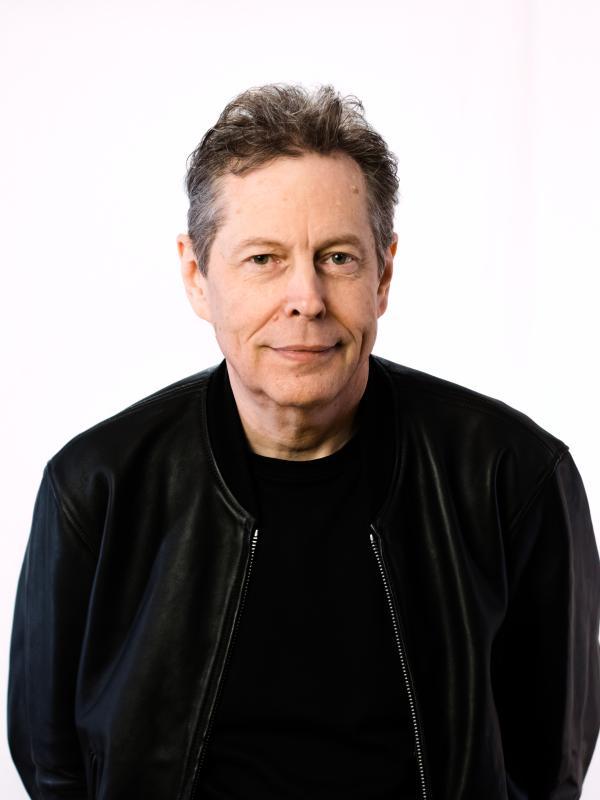Alexander Wendt

Contact Information
Ralph D. Mershon Professor of International Security
Education
- Ph.D., Political Science, University of Minnesota (1989)
- B.A., Political Science and Philosophy, Macalester College (1982)
Teaching/Research
Alexander Wendt is Ralph D. Mershon Professor of International Security and professor of political science at The Ohio State University. His areas of expertise include the philosophy of social science and social theory, international relations theory, global governance, and international security.
Wendt is interested in philosophical aspects of social science, with special reference to international relations. He is the author of Social Theory of International Politics (Cambridge University Press, 1999), which in 2006 received the International Studies Association award for "Best Book of the Decade" and has been translated into more than 10 languages. In the 2013 TRIP survey of 1,400 International Relations scholars he was named as the most influential scholar in the field over the past 20 years.
Wendt's second book Quantum Mind and Social Science: Unifying Physical and Social Ontology (Cambridge University Press, 2015) proposes a quantum physical basis for consciousness and its place in the natural world, and explores the implications of this perspective for the social sciences. Wendt's argument provides a philosophical basis for human agency through free will, and for a holistic or 'non-local' vision of social life.
Wendt’s latest book, The Last Humans: UFOs and National Security, is forthcoming from Oxford University Press in spring 2026. The book builds on the 2021 Pentagon Report on Unidentified Anomalous Phenomena (or UAP, formerly known as UFOs). The Report acknowledges that UAP are real and a “potential threat to national security,” but never mentions the possibility they could be alien. In his book Wendt takes no stand on what UAP are, working through a hypothetical future scenario instead: what if in 25 years the world’s authorities announce (without actual contact) that ETs are behind UAP? Would that be a security threat? Wendt argues yes, but the threat is not Them, it is Us. Our civilization is based on the anthropocentric assumption that we are alone. Take that away, and a global identity crisis could cause states to collapse from within, triggering a descent into chaos.
Before coming to Ohio State in 2004, Wendt taught at Yale University, Dartmouth College, and University of Chicago.
Faculty Links
Curriculum Vitae (pdf)
Department web page
Media Links
Wikipedia Listing: Alexander Wendt
The Sol Foundation: Dr. Alexander Wendt, "The Last Humans: UFOs and National Security" (2025)
Mershon Center: Wendt featured speaker at TEDxColumbus (2019)
The Wright Show: Quantum Physics and Social Science (2019)
Mershon Center: Conference to examine quantum social science (2018)
Global Perspectives: Ohio State's own Alexander Wendt named world's most influential scholar in international relations (2017)
Mershon Projects
Quantum Social Science and International Security Studies Workshop (2017-18)
Quantum Social Science Bootcamp (2021-2025)
Awards
American Academy of Arts and Sciences (2025)
Skytte Prize (2023)
